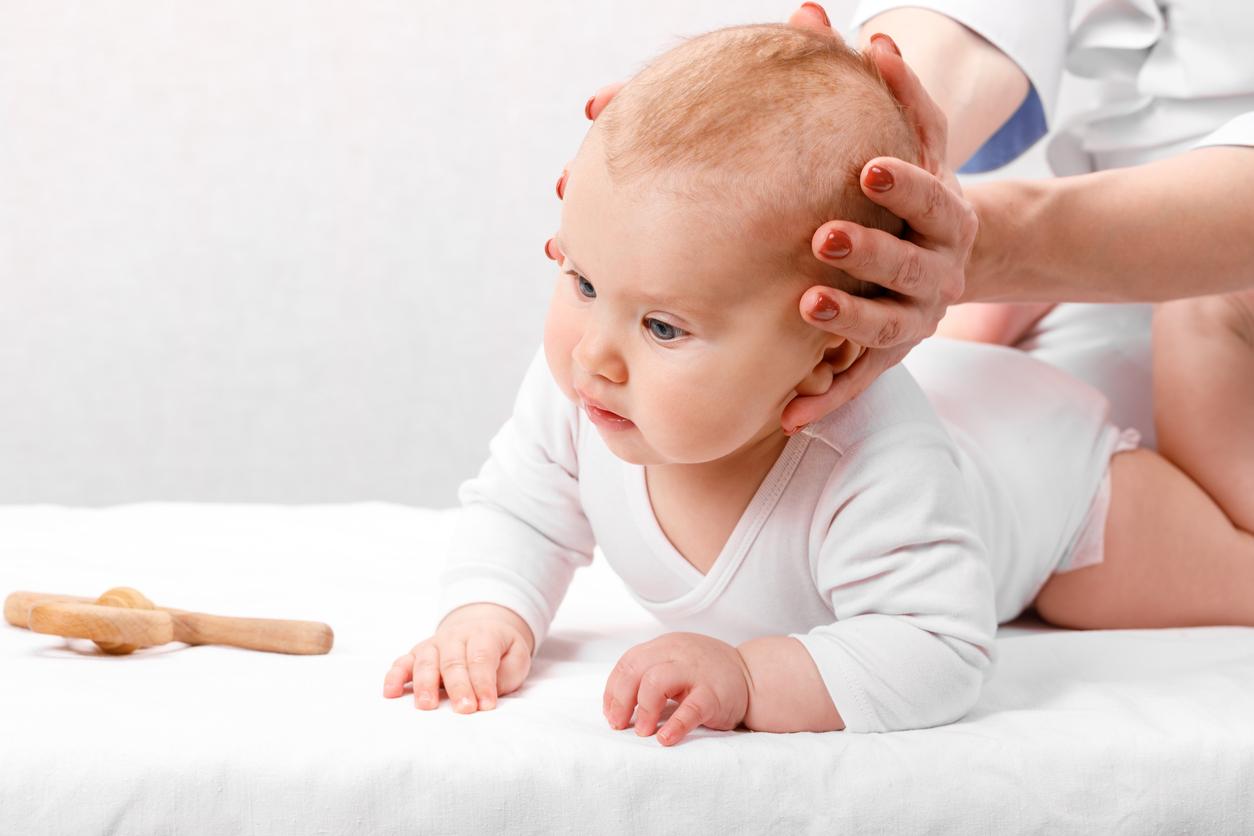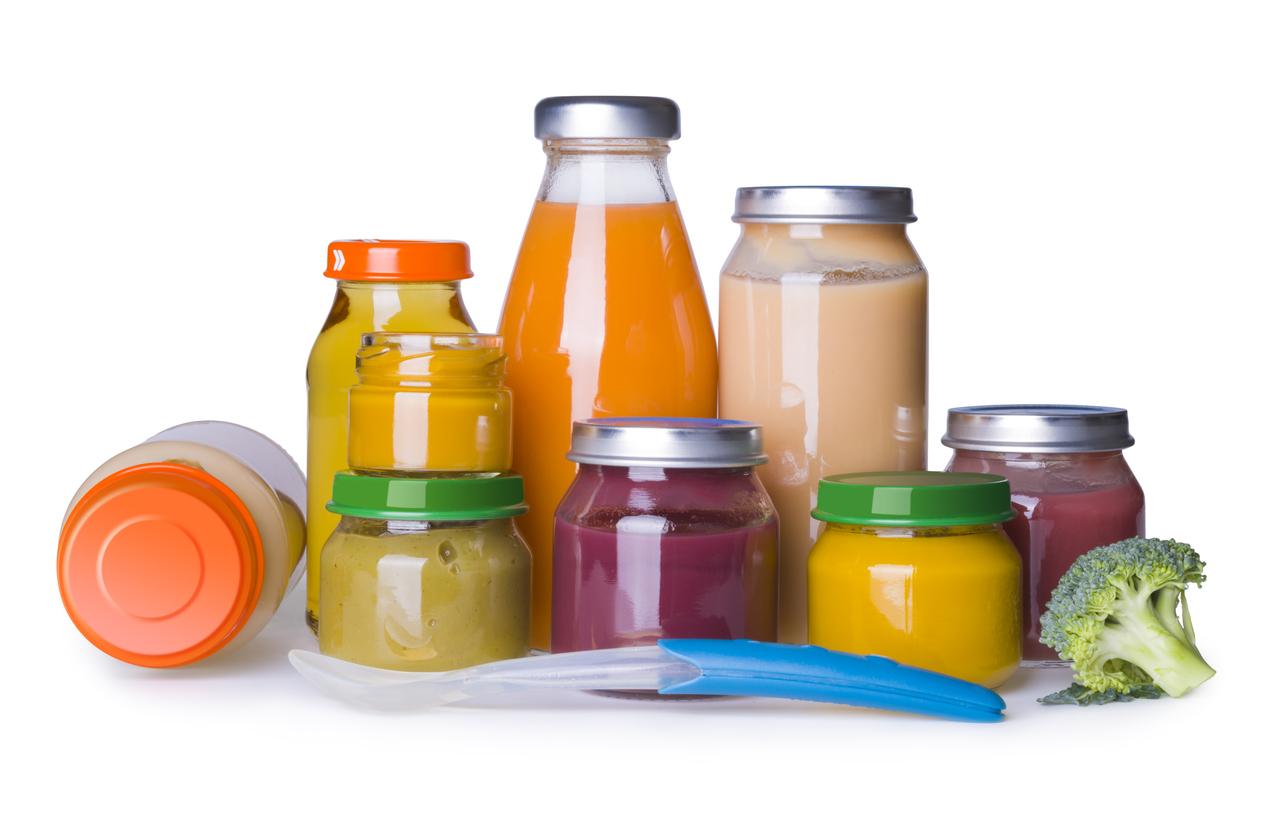Phthalates, these chemicals found in food, hygiene and cosmetic products, influence reproductive success and fertility male, according to the results of a study published in the medical journal Human Reproduction.
Researchers at the University of Massachusetts Amherst in the United States conducted a study with 50 couples who were undergoing an IVF (in vitro fertilization) protocol. They tested the urine of both men and women on the same day as the blood sample. sperm and egg retrieval to determine the extent to which phthalate exposure was responsible for the risks of male infertility and fertilization failure.
Phthalates play a role in male fertility
Scientists took 761 oocytes. They found that 423 reached the cleavage stage (3rd day of development), 261 performed well at the cleavage stage, only 137 were transferable for fertilization and 47 displayed a high quality of blastocyst, (embryonic state located at the 5th and 7th day of development).
As a result, they observed that environmental factors can influence the success of the reproductive system. In fact, the higher the concentration in male urine of phthalates, the lower the quality of the embryonic state located on the 5th and 7th day of development.
Fertility: the environmental factors that lower it
Scientists will continue their studies to analyze the behavior of these “poor quality” embryos and understand how phthalates interfere with their development. In conclusion of their study, they affirm that future evaluations will be essential to establish the long-term consequences on the life of the embryos.
This study confirms the alert of researchers from the National Institute of Health and Medical Research (Inserm) who in April 2012 published a disturbing study on male fertility risks of phthalate exposure.
Read also:
Phthalates are believed to be responsible for miscarriages
How to reduce the exposure of pregnant women to environmental pollutants?
Running improves sperm quality
















